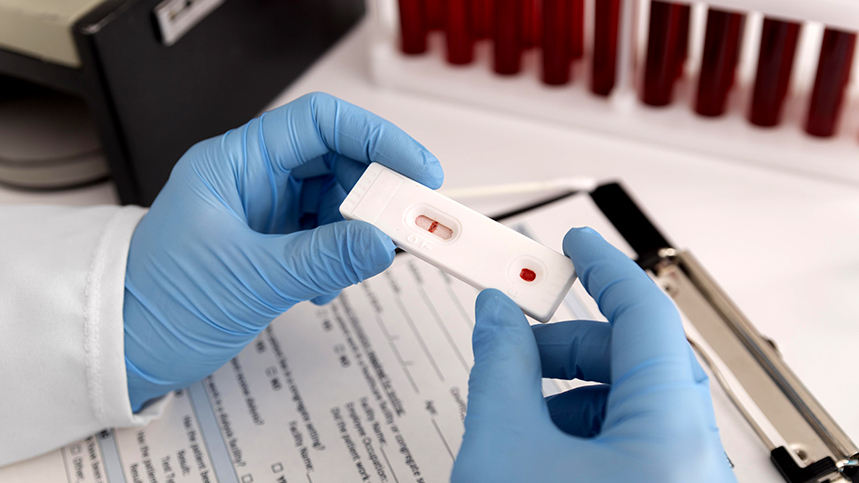

Thalassaemia is a genetic blood disorder that affects an individual’s ability to produce hemoglobin, resulting in the destruction of red blood cells and various other health consequences. Couples with thalassemia gene(s) run the risk of transferring this genetic trait to their unborn child. Pregnancy with thalassemia may not be easy if not monitored carefully. Fortunately, prenatal testing for thalassemia, and genetic counselling for prospective parents are now available, so that couples can determine whether their child will be affected by thalassemia. This blog post will discuss the importance and process of prenatal testing for thalassemia.
Importance of Prenatal Testing for Thalassemia
Thalassemia is a genetic blood disorder that can cause severe anaemia, stunted growth, bone deformities, and other health problems. Prenatal testing for thalassemia can help identify whether the unborn baby carries the disease. If both parents are carriers, there is a 25% chance that the child will inherit thalassemia. Identifying the problem early gives parents a chance to consider various options and make informed decisions about the future care of their child.
Process of Prenatal Testing for Thalassemia
There are two types of prenatal testing namely chorionic villus sampling and amniocentesis. Both procedures carried out between the 11th and 16th week of pregnancy, can detect thalassemia. During chorionic villus sampling, a small tissue sample is taken from the placenta and examined in the lab for genetic changes that cause thalassemia. During amniocentesis, a sample of the amniotic fluid surrounding the developing fetus is removed and analyzed. Genetic changes usually occur in the second and third trimesters of pregnancy, therefore, testing is usually carried out within this timeframe.
Risks and Benefits of Prenatal Testing for Thalassemia
Although prenatal testing for thalassemia has the advantage of detecting thalassemia before birth, it’s important to note that any procedure that involves penetrating the uterus can have various risks. Both chorionic villus sampling and amniocentesis come with their risks which include; bleeding, infection, and fetal loss. While these risks are rare, it’s important to be aware of them before undergoing the procedure. The benefits of prenatal testing, on the other hand, mean that parents have the opportunity to make informed health decisions about the future of their unborn child.
Genetic Counseling for Prospective Parents
Genetic counseling is a service that offers advice and support to prospective parents, especially those who have a family history of genetic disorders. In counseling, prospective parents undergo a blood test that shows whether they carry thalassemia or not. In cases where both partners are carriers of the gene, parents are provided with information and assistance that can help them understand the risks and options associated with having a child with thalassemia.
Prenatal testing for thalassemia is an important tool for parents who want to ensure the health of their unborn child. If thalassemia is detected, parents will have the information they need to make the best decisions for their child's future care. However, it’s important to understand the risks and benefits of the procedure, as well as the importance of genetic counseling for prospective parents. If you’re planning to have a baby, it’s important to seek the guidance of a qualified medical professional who can provide you with the appropriate support and care.
WANT TO BOOK HEALTH CHECKUP ?
Recent Blogs
Understanding Hepatocellular Carcinoma: Diagnosis and Staging
Hepatocellular carcinoma (HCC) is a type of liver cancer that usually affects individuals...
30-11-2023
Protecting Your Skin: Vital Tips for Sun Safety and Self-Examinations
Summer is here, and we all are ready to soak up some sunshine after long and dreary winter...
30-11-2023
Preventing Liver Cancer: The Role of Hepatitis Vaccination
Liver cancer is a deadly disease that affects millions of people worldwide. While there...
30-11-2023









